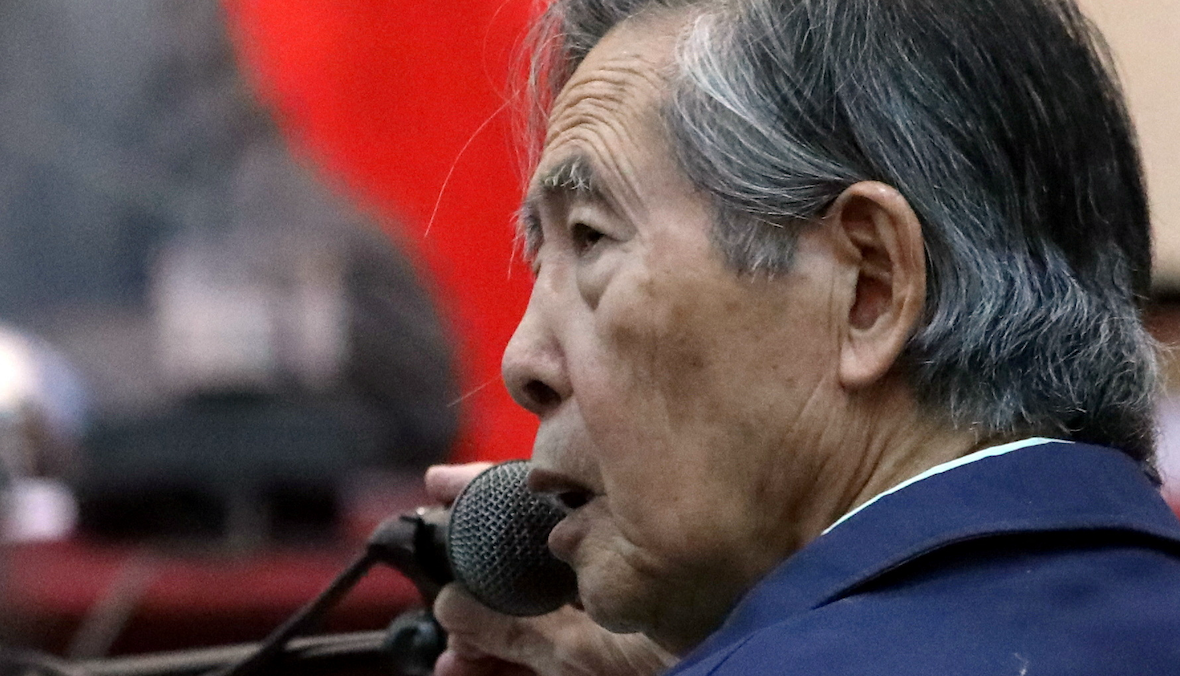3: Well, name recognition won’t be an issue … Former Peruvian President Alberto Fujimori, an authoritarian rightist who held power in the 1990s, plans to run for president again in 2026. Last year, the ailing 85-year-old politician was released early from a 25-year jail sentence for human rights abuses committed by his regime. His daughter, Keiko, has unsuccessfully run for president three times. If he does enter the race, it will be a test for Peruvian law, which bars any candidates convicted of corruption: The elder Fujimori has been convicted of graft not once, not twice, but three times.
67: Is more political violence likely in America? Unfortunately, most Americans seem to think so. In a poll taken after the assassination attempt on Donald Trump, 67% of respondents said the current environment makes politically motivated violence “more likely.”
100: At least 100 people were injured in protests and clashes across Bangladesh on Monday as students took to the streets to oppose a quota system they see as unfair. The quota sets aside 30% of government jobs for relatives of veterans of Bangladesh’s 1971 war of independence from Pakistan. The protests pose a challenge to strong(wo)man Prime Minister Sheikh Hasina, who in January won her fourth straight term in government. That vote, however, was boycotted by the opposition over allegations that “Asia’s Iron Lady” was trying to rig the outcome.
4.7: China’s GDP expanded at an annual rate of 4.7% in the second quarter of this year, nearly half a point below analyst expectations, as weak consumer spending offset rising exports from the world’s second-largest economy. The data come as China’s leadership prepares to gather for a special, four-day meeting on economic policy.
